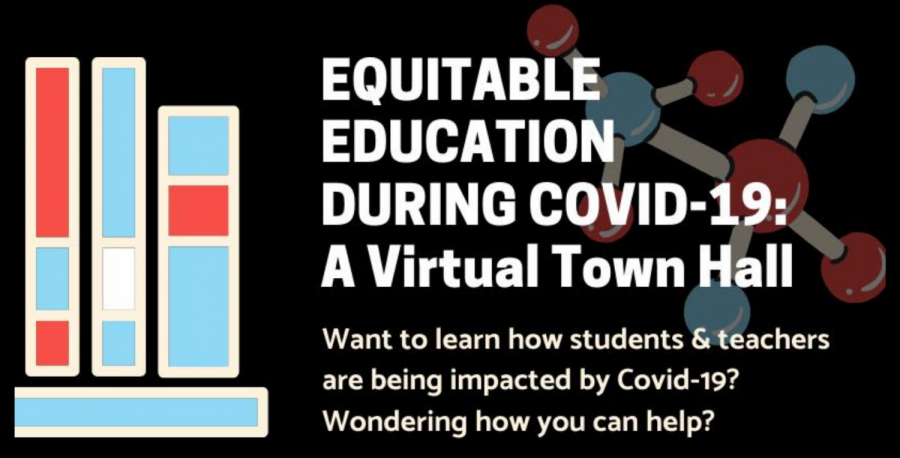More than 60 students, activists and educators came together on Zoom this Saturday to invest in a common goal: educational reform in NYC public schools.
The town hall was in response to a group project in the Steinhardt School of Culture, Education and Human Development course, “American Dilemmas: Race, Inequality and the Unfulfilled Promise of Public Education.” The course’s professor — Pamela D’Andrea Martínez — divided students into groups to learn about issues in public education.
One of those groups was an activism group comprised of CAS seniors Delphine Zheng, Gabriela Alves and Taylor Holst, Tisch junior Tirosh Schneider, Steinhardt first-year Tori Husain and Steinhardt junior Janice Wang. During the event, they stressed communication between activists and educators amid the pandemic would be most conducive to creating educational reform. They also split up into breakout rooms, focusing on social and emotional learning as well as accessibility and equity within education.
“We organized the town hall in an effort to center the experiences and knowledge of students, educators, organizers who have been directly impacted and deeply committed to educational equity work.” Zheng told WSN. “We wanted to create a space for informed dialogue in which everyone could share how they have been supporting students at this current moment of crisis.”
Zheng emphasizes how the conditions of the pandemic has made these issues worse for many, especially the more than 300,000 students without the proper resources to participate in online education.
A common concern raised during the town hall was that the COVID-19 pandemic was only exacerbating existing problems in New York City public schools. One of the issues discussed was segregated school districts in the city.
Despite the fact that the Brown v. Board decision — which deemed racial segregation unconstitutional in 1954 — was ruled on almost 70 years ago, New York has the most segregated public school system in America. As a result, districts consisting of mostly ethnic minority students, referred to “majority-minority” schools, often have less funding and fewer resources.
Another topic discussed was the Summer Youth Employment Program which aims to employ youths not only to make money but to learn future career skills during their summer vacations. Due to the pandemic, Mayor Bill de Blasio has cut funding for SYEP for the summer of 2020.
“Sadly, in light of the COVID-19 pandemic and resulting revenue losses to the city, we must take significant action to preserve our ability to provide basic operations and continue to fund life-saving measures,” mayoral spokesperson Freddi Goldstein told Politico in a statement.
Two of the panelists — Lorraie Forbes and Kimberly Martinez — are involved with the group Teens Take Charge which is attempting to reverse the mayor’s decision on SYEP. On the Teens Take Charge website, the organization made a public statement responding to the budget cuts.
“Given the tremendous financial strain on hundreds of thousands of low-income New York City families right now, we should be expanding paid summer opportunities, not cutting them,” the statement read.
Viewers of the town hall expressed that they wanted to create an easy way for people to get involved with activist causes and compiled a list of resources available for those in need.
“People are often wanting to start new [organizations] as opposed to helping existing ones,” Schneider told WSN. “There are so many resources already in place and what they need is support.”
Correction, April 27: An individual quoted in this article requested their statement be revised to better reflect their views as well as additional notes be made, after publication. This article has been updated to reflect this and WSN regrets any errors.
A version of this article appeared in the Monday, April 27 e-print edition. Email Dylan Wahbe at [email protected].
























































































































































